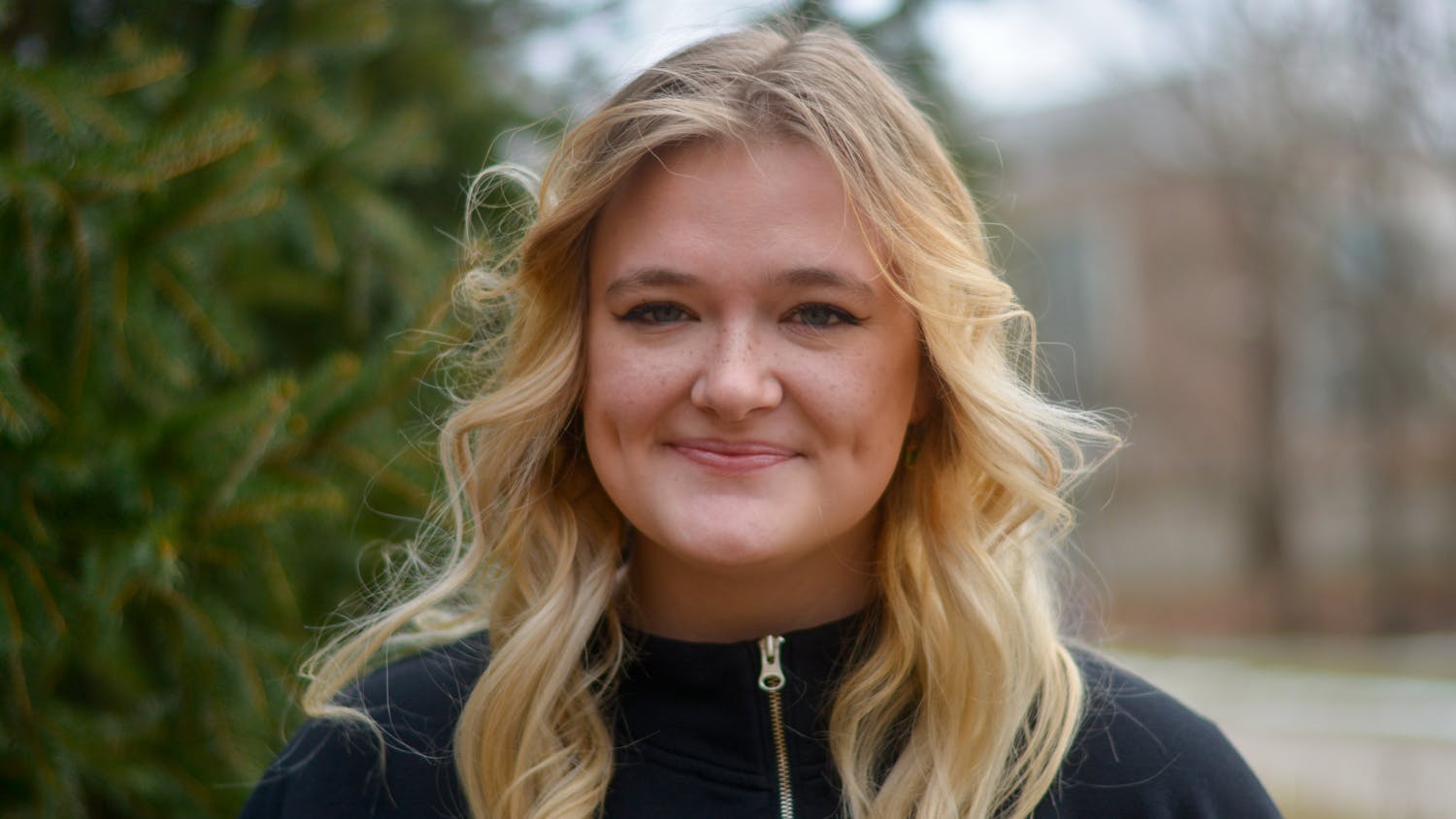With the consistent rise of various social media platforms over the past 20 years, many changes have occurred leading to controversial opinions about how social media has changed our world. Out of over seven billion people on the planet, more than 3.5 billion people are online, and around two-thirds of these people are on social media sites.
Social media has adapted society in both positive and negative ways. Platforms have increased the speed and range of communication throughout the U.S. and the rest of the world.
Through social media, people have been able to communicate with people from different countries which increases understanding and appreciation for travel as well as different cultures and lifestyles. Being connected to different regions of the world has also sparked interest and donations to charity organizations. Most of these organizations have platforms on social media with which they can engage, teach and gain support from their audience.
Social media has also had a huge effect on businesses and job networking. With social media sites such as Facebook, LinkedIn, Instagram and Etsy, businesses are able to connect to employees, customers and job applicants. People are also finding it easier to find job opportunities through social media.
Although there are some positive aspects of social media, there are more negative aspects. In a study by the Pew Research Center, 64% of Americans believe that social media has a negative effect on the way things are going in the U.S. today. In the study, most people believe social media creates a huge divide in the world when it comes to politics. Specifically, misinformation, online harassment and the amount of political advertisement.
Social media also has a negative effect on communication skills and interpersonal relationships. Communication on social media platforms has become more about quick communication leading to shortened versions of words and phrases that have an adverse effect on adolescent literacy skills. Additionally, 74% of millennials say that they prefer communication online over face-to-face interactions. As social media changes the way we communicate, it challenges our ability to make meaningful connections.
The increased usage of social media also leads to problems in mental health. People often say things to other people online that they would never say in a face to face interaction. This leads to an issue with cyberbullying, where 43% of teenagers report being bullied online, leading to anxiety, depression and suicide.
Social media also portrays unrealistic body images that can be harmful to both young women and men. Photo editing and people attempting to post only the best version of themselves can lead to problems in mental health. A 2018 study on social media and body images shows a correlation between social media usage and eating disorders.
Social media also poses issues of inequality. Income, race and ethnicity are all factors in which social media access declines. With social media and access to the internet being an important factor in both business and education, people without this access have a disadvantage.
In terms of college students, social media can pose many different problems. Apps such as Snapchat, Instagram and TikTok where students often see friends and classmates partying, drinking and using drugs can cause issues related to peer pressure. In these instances, many students coined the term “FOMO,” which stands for “fear of missing out” when they see their peers participating in these activities. College students also feel as though social media has an influence on their academic well-being, as mental health, lack of sleep and neglect of school work can all be an influence of the use of social media.
Social media is harmful to us in ways that we might not even realize. It is important to adults, children and college students to learn how and when to step away from social media. Try to limit social media usage to 30 minutes a day, as this can lead to increased mental health and well-being. If you are feeling down, instead of scrolling endlessly on social media, it is important to try activities outdoors or with friends, which can help boost mental health. Turn off notifications from social media to avoid getting sucked back in and start to prioritize yourself.
Katie Trott is a junior studying creative writing at Ohio University. Please note that the views and opinions of the columnists do not reflect those of The Post. What are your thoughts? Tell Katie by emailing her at kt008918@ohio.edu.
Opinion Columnist





